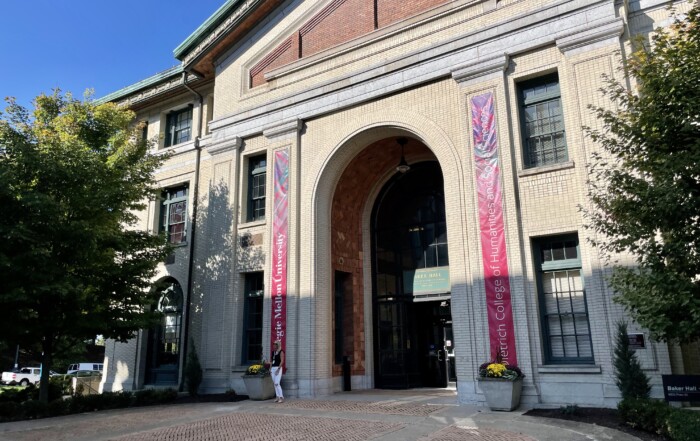College Admissions Tips and Guidance
So You Want To Be A Doctor…?

Explore Our Articles
Recent Posts
Popular Categories
Get In Touch
On Social
By Phone or Text
(617) 734-3700
By Mail or Email
1678 Beacon Street
Brookline, MA 02445
By Form
Educational Advocates
Our objective is to guide the family in finding options where the student will not only get admitted, but thrive and find success once on campus.
So You Want To Be A Doctor…?
High school students often imagine a career as a doctor. Maybe it’s because they or someone they love has been through a challenging medical experience; maybe they have always been interested in the human body and how it works; maybe they’ve spent a lot of time watching “Grey’s Anatomy” on Netflix. Whatever the reason, many students talk about being premed in college. What exactly does that mean and what are some ways to make that dream a reality?

Research and volunteer opportunities are an invaluable part of the undergraduate experience for premed students.
Students hoping to go to medical school after college will need to take several prerequisite courses during college. Every medical school has its own requirements; however, in general, they are looking for a full year of biology, physics, and English, two full years of chemistry including organic chemistry, and a semester of biochemistry.
A student does not major in “premed”; the term refers to the path of prerequisite courses and desired experiences an undergraduate chooses as well as to the advising programs offered by many undergraduate institutions. Medical schools are interested in well-rounded students who are not only good at the sciences but also engaged with other disciplines. Aspiring doctors are encouraged to major outside of the sciences—disciplines such as English, philosophy, and psychology are all options as long as students take the prerequisite courses. The most important criteria for being accepted into medical school are a very high college GPA, excellent grades in the prerequisite courses, and a high MCAT (Medical College Admission Test) score.
As a high school student considering which colleges might best open the door to medical school, remember the importance of performing well academically. Perhaps students should consider attending a college where they fall in the top 25 percent of applicants so they have a better chance of excelling academically, and may even receive a merit scholarship and thus be able to save towards the cost of medical school. Students who are performing well academically may also get more opportunities to engage in undergraduate research. Participating in research as an undergraduate and being published in a scientific journal or presenting at a conference are excellent medical school resume boosters. Students may have better access to these experiences at a liberal arts college where they are not competing with graduate students for lab work.

Be sure to take a variety of courses to become a well-rounded candidate for medical school.
As students research colleges they may come across a statistic for “acceptance rate to medical schools.” This is not a true measure of comparison as every college computes that percentage differently. Some colleges include all undergraduates who began the premed path, while others only include those who apply to medical school during their senior year (vs. those who apply a year or so after graduating). Still, other colleges only include students for whom the pre-health advising department agreed to write a “Committee Letter of Recommendation” which enables them to show a very high acceptance rate to medical school since only the best-qualified students get the letter. Find out how that number is calculated before using it to compare one college’s premed experience to another.
Other valuable experiences for both a premed undergraduate and for a high school student considering the premed path include volunteering at a local hospital or clinic, shadowing a physician in either an inpatient or outpatient setting, and volunteering with local emergency response organizations. Students can undergo EMT training and then volunteer with a local rescue squad and gain excellent hands-on experience in the medical field. The University of Richmond is one of many colleges that offers EMT training and volunteer opportunities for pre-health students. Colleges that are near a hospital or have one on campus will likely offer more opportunities for students to become involved on a volunteer basis. Volunteering at a local clinic might lead to even more hands-on experience particularly if it’s a busy one serving a low-income population.
When applying to college with an interest in premed or pre-health, remember that admissions officers still want you to be well-rounded. Don’t specialize academically in high school. Ideally take four years of English, math, science (be sure you complete physics, chemistry, and biology), history, and foreign language. Consider taking an AP course in at least one of the three basic sciences. Admissions officers also would like to see that your extracurricular activities are varied; that you are interested and engaged in more than science or medicine-related activities. The best doctors are smart, personable, and tough. The road to becoming a practicing physician is challenging and long but certainly fulfilling.








